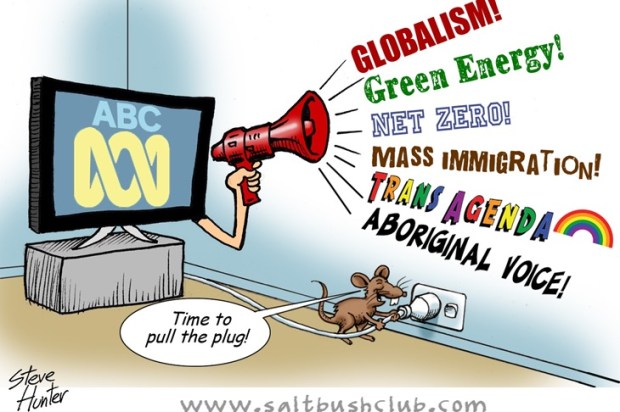The twentieth century taught us enough about the limits to government intervention that the Australian energy market debacle — a failure of intervention, not of markets — could not happen. But it did, and it is just the latest and most egregious example of a growing anti-free markets theme in government policy.
The federal government is prepared to slap controls on gas exports. It is trying to strong-arm AGL into keeping the Liddell power station operating against commercial criteria. In the sphere of banking, it has imposed new regulations (the Banking Executive Accountability Regime) limiting banks’ freedom in hiring and remuneration. These extraordinarily intrusive regulations — announced in the federal budget — would have received much more attention had it not been for the accompanying bank tax, which grabbed all the headlines. These are but a few examples of a broad trend back to the interventionism of the past. And this is coming from a government that claims to champion free enterprise and deregulation.
It does seem that the lessons of the twentieth century have been forgotten and that the defenders of free markets have to go all the way back to basics. The economic problem is scarcity of resources (factors of production such as labour and capital) relative to peoples’ wants, and free markets are the best system known to achieve an allocation of resources that comes closest to constrained maximisation of peoples’ well-being.
That is not to say markets are perfect. Market failure exists and it might justify government intervention. But there is also government failure, such as when governments intervene even in the absence of market failure, or when there is market failure but intervention makes the situation worse.
Governments are too eager to intervene. They needs to choose their interventions more judiciously and design them more carefully.
Robert Carling is a Senior Fellow at the Centre for Independent Studies.
Got something to add? Join the discussion and comment below.
Got something to add? Join the discussion and comment below.
Get 10 issues for just $10
Subscribe to The Spectator Australia today for the next 10 magazine issues, plus full online access, for just $10.


























Comments
Don't miss out
Join the conversation with other Spectator Australia readers. Subscribe to leave a comment.
SUBSCRIBEAlready a subscriber? Log in